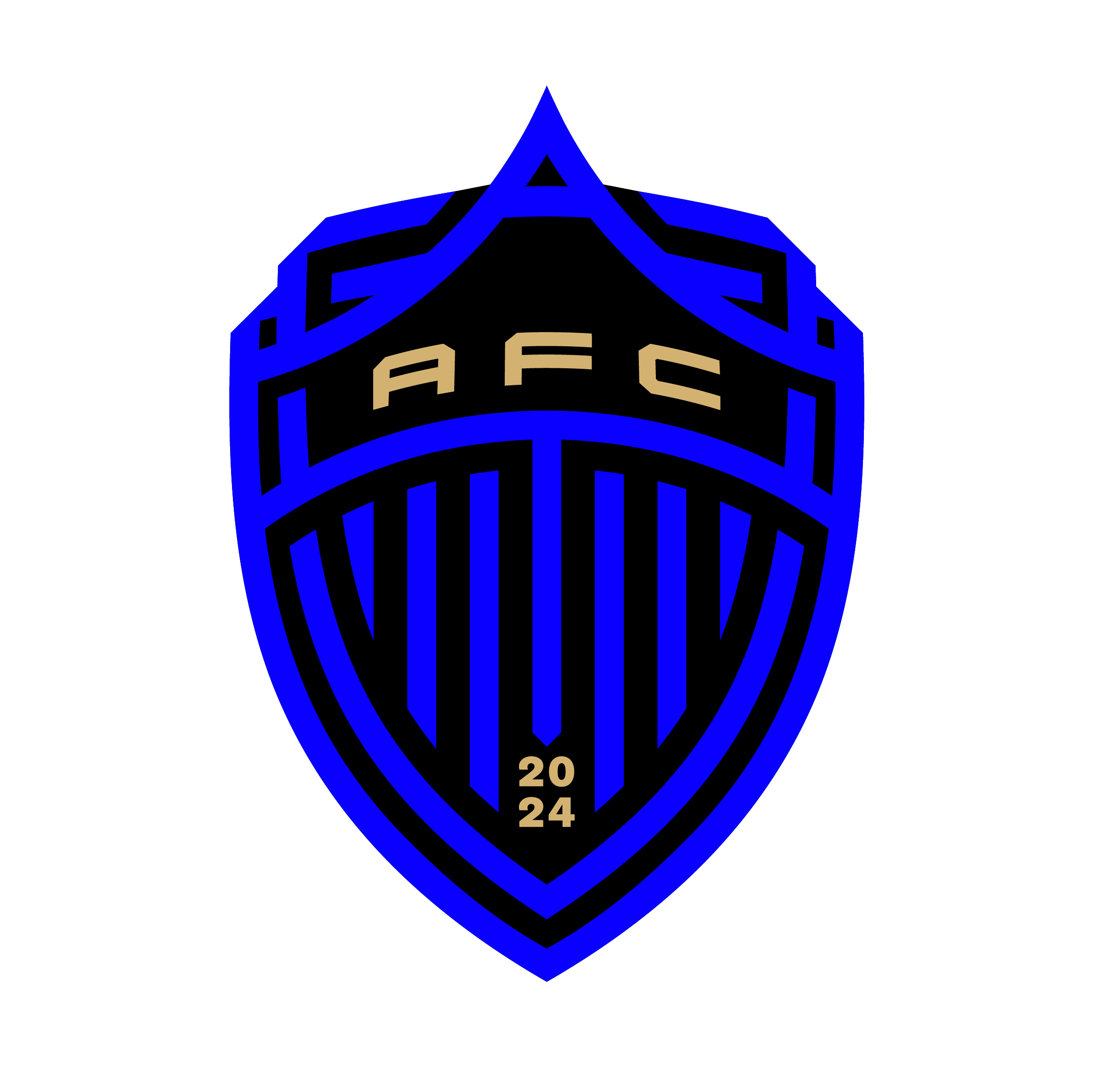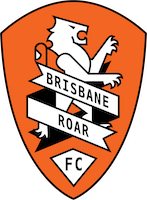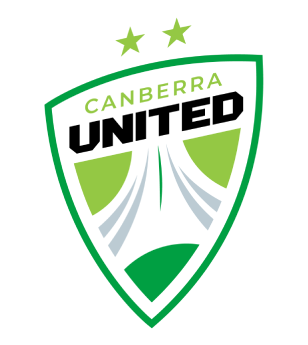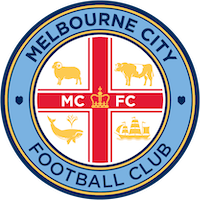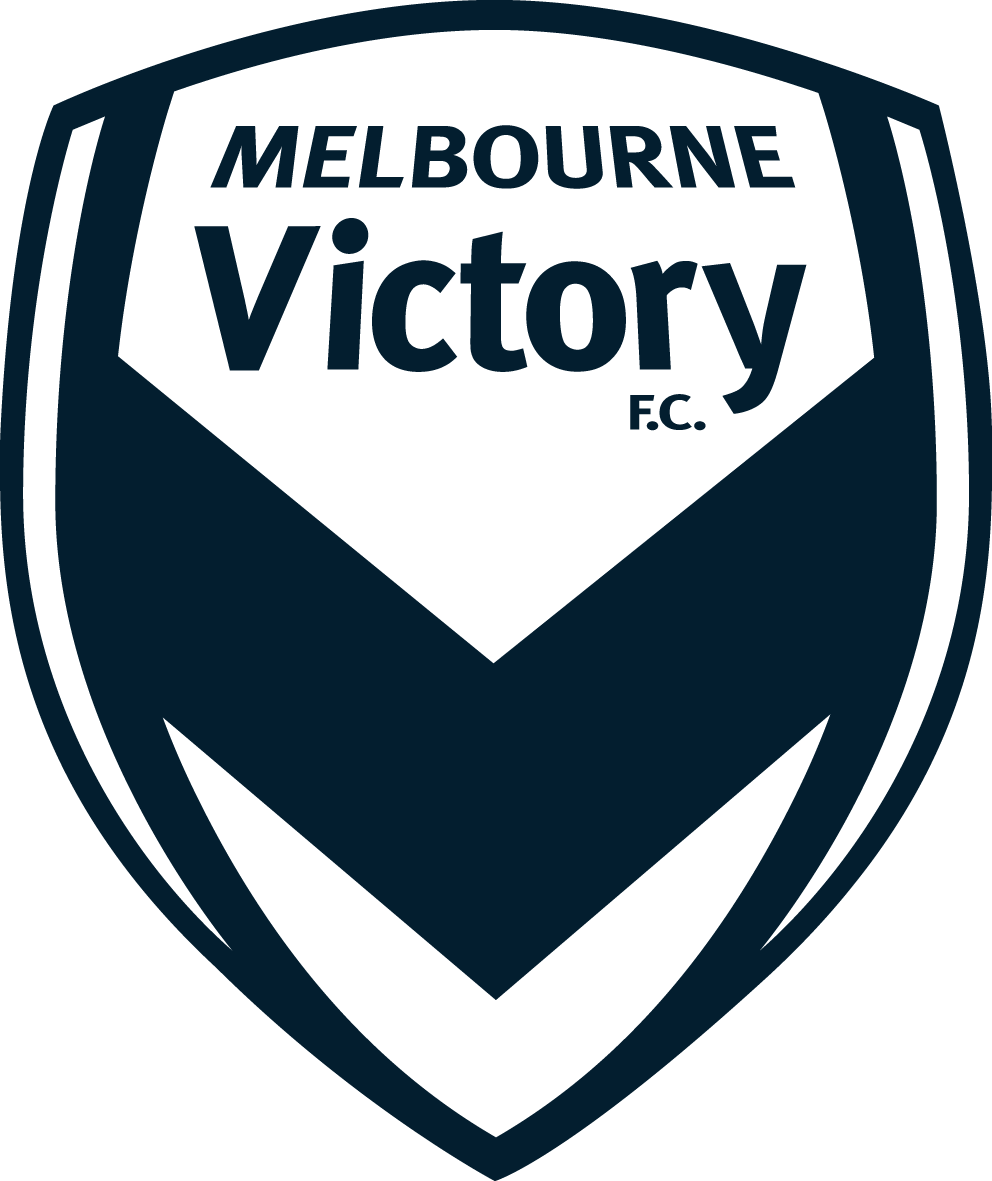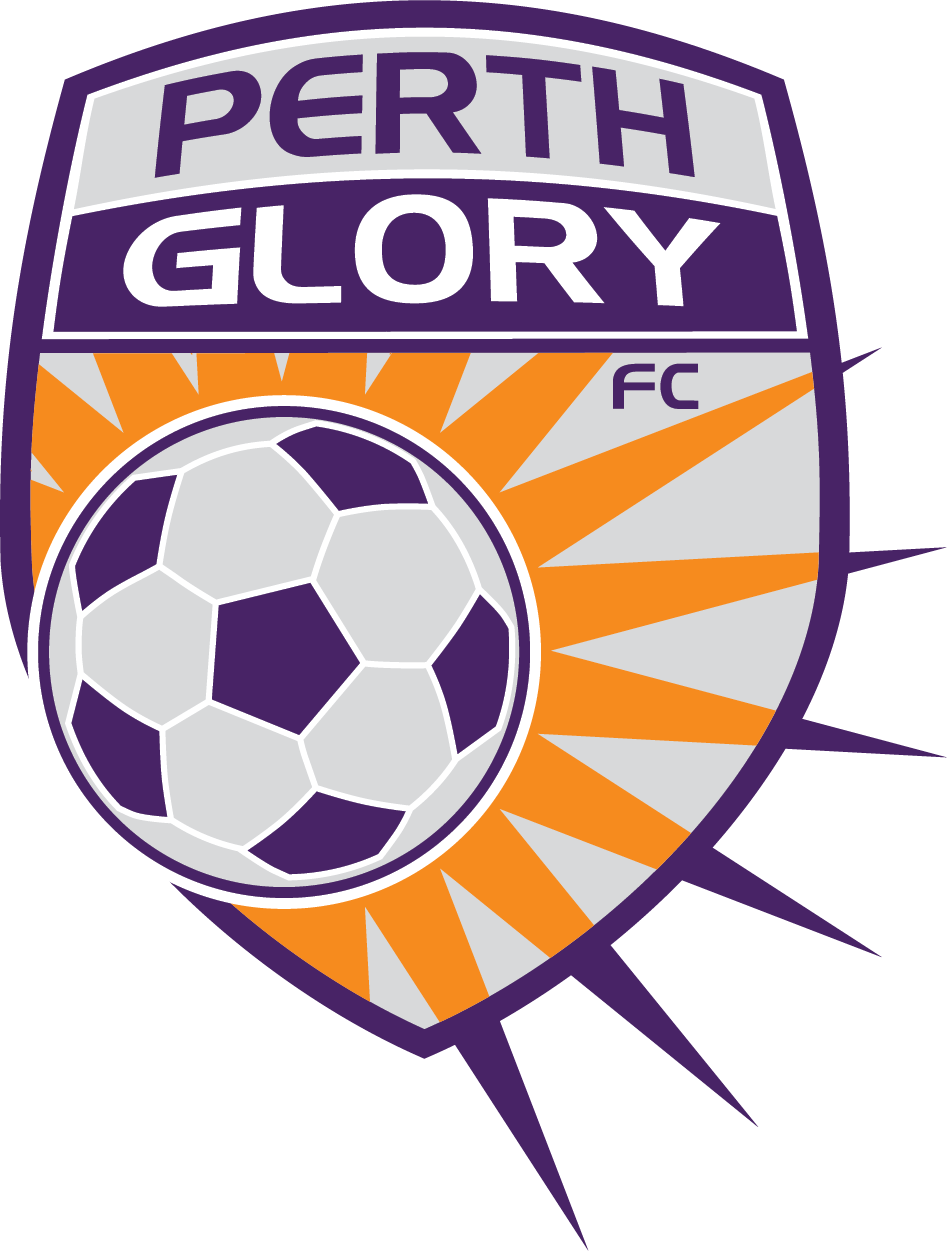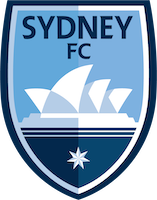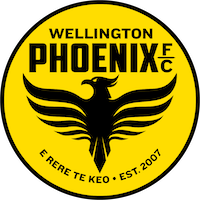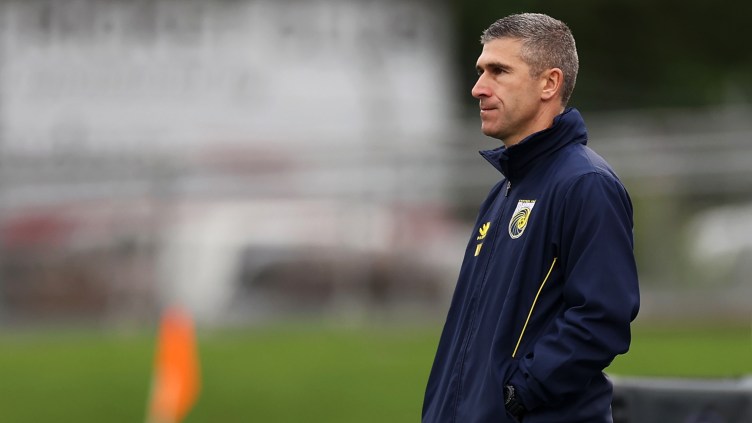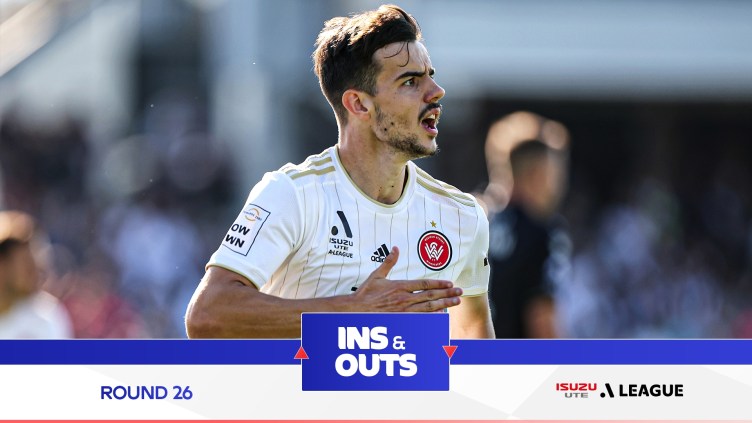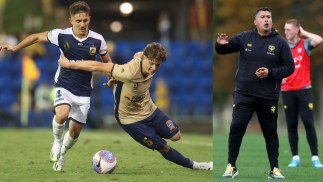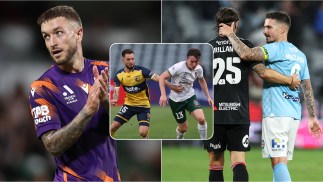It was a Christmas Day like no other for Mariners head coach Nick Montgomery as his squad fell to COVID like dominoes.
It’s a really strange feeling, waiting for a tsunami of sickness to sweep through your football club, and knowing there’s almost nothing you can do about it.
Every stage of the COVID-19 pandemic has felt like something new, but these last two or three weeks have been unprecedented for us as people, as footballers and for me as a coach.
As I write this our CEO has just turned positive for coronavirus, the person we joked was the last man standing, but our playing group is coming out the other side of an unnerving and unsettling experience.
For the past couple of years, all the A-League clubs have played in weird, often surreal circumstances – first the bubble to complete the season, then a season of protocols and precautions. When I was appointed head coach of the Mariners in July, much of NSW had just gone into lockdown, and the first few weeks and months of training were like nothing I’d ever experienced.
But we all read the papers, and we all follow events around the world. When you start reading about Omicrom, and realise how infectious it is, the inevitability of catching COVID starts to sink in.
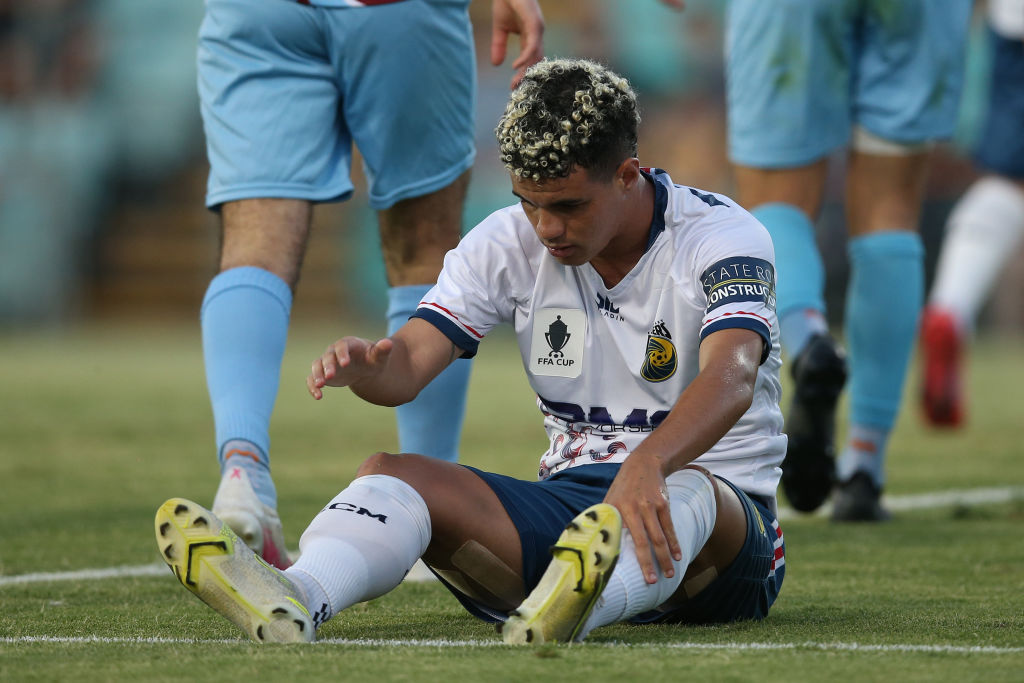
It wasn’t for want of trying to avoid it, but some environments aren’t as easy to control as others. You travel to away games, like we travelled to play APIA Leichhardt in the FFA Cup on December 21, and of course thousands of people were heading to the Coast from Sydney and elsewhere for Christmas at that time. Two days later we had our first positive cases.
Like other clubs in the league, our isolation plans went into action – but even relatively recently, I don’t think the sheer speed of Omicrom’s transmission was something widely understood. Every day players and staff were taking rapid antigen tests and suddenly we went from two positives to six a couple of days later. That happened to be Christmas Day… some way to celebrate.
It felt a bit like one of those war movies where the soldiers are in the trenches, knowing the battle is coming – it’s just a question of when. The boys are in a contained environment, they shower together in the same changing room – once the virus is in, realistically how can you stop it spreading?
On Christmas Day we sent everybody home to try to isolate, but by then we knew it was most likely spreading through most of the squad. A couple of days later we got another clutch of positive PCR tests, which included me, and we knew more games would have to be postponed.
Physically, we’ve been lucky. Some players tested positive without symptoms, others were mild – the worst was a couple with high temperatures, a head cold and a cough. No one’s been really sick.
To some degree we’ve had to work to keep the players heads up – with Zooms, phone calls, texts – but not for the reasons you’d probably expect. The frustrations and emotions have come not from a fear of the virus, but because the players just want to be outside playing football.
We had just beaten Sydney FC and the Wanderers and felt like we had some momentum; suddenly the boys are in isolation and we’ve ended up with three games postponed. Even the return to training has to be managed carefully, and based on medical advice. There are players with no symptoms who can’t understand why they can’t just return to training at 100kmph immediately.
The lowest point was when our team manager, Darren Dobson, got it. Dobbo was the one driving to players’ apartments, dropping off supplies and making sure everyone had what they needed. Somehow it felt especially cruel but when your head coach, head of football, team manager and chief executive – plus 14 players, and partners and children including my own wife and one of my twins – have all contracted the virus, it’s like some weird form of team bonding!
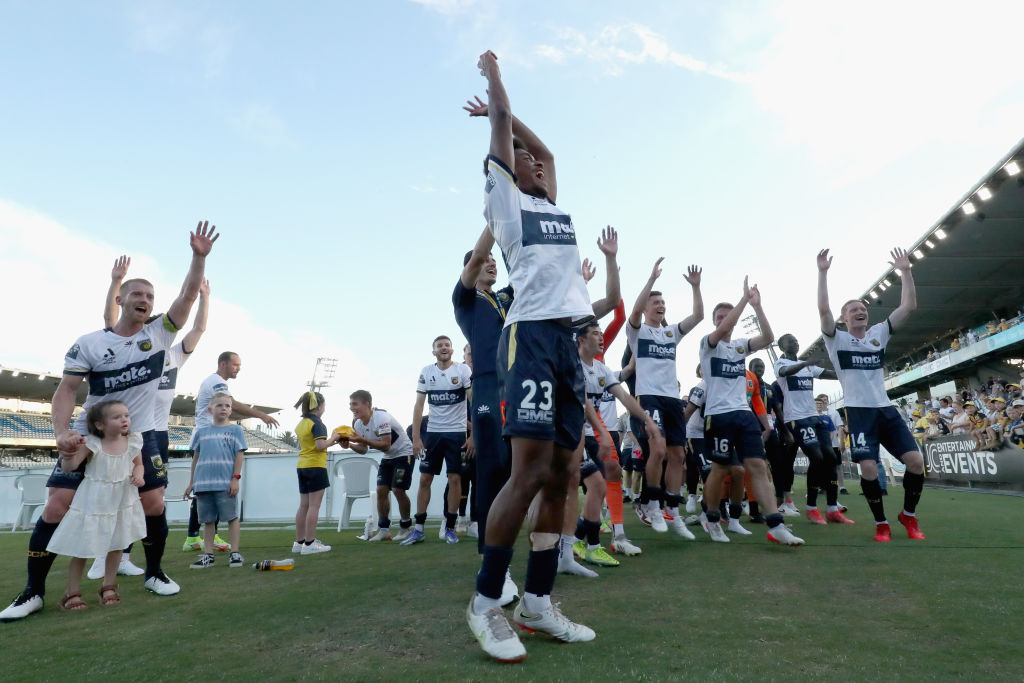
If there’s a silver lining, it’s that some of our more experienced players like Matt Simon, Nicolai Muller and Ruon Tongyik have had longer to get over injuries and are closer to a return.
Who knows what 2022 has in store after all this. Now we just want to play football again, rebuild that momentum and do what we do best.

